The departure of the United Kingdom from the European Union, colloquially known as “Brexit,” has triggered a waterfall of impacts on various fronts.
Brexit has influenced not only the economy but also the lives of citizens on both sides of the English Channel. Let’s look at the aftermath of Brexit and assess its repercussions nearly three years post-departure and two years into the new relationship.
Britain Exits the European Union
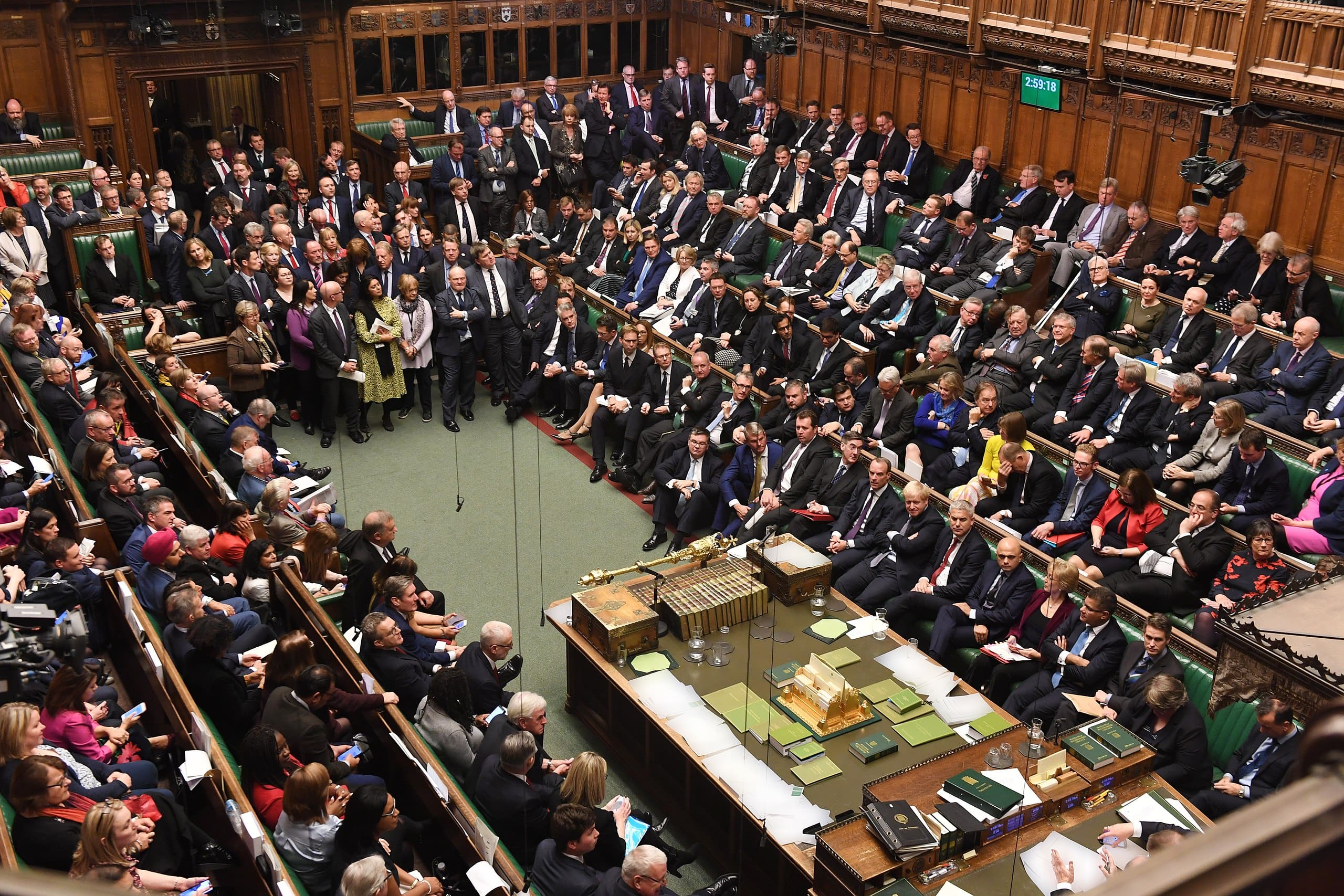
The separation of the United Kingdom from the European Union, a formidable economic and political alliance of 27 nations, marked the conclusion of nearly 50 years of British EU membership.
“Brexit,” a portmanteau of “Britain” and “exit,” stands as the most significant constitutional transformation since the UK’s entry into the European Economic Community in 1973. Remarkably, it also represents the first instance of the European bloc losing a member.
Unfinished Business Between the UK and EU
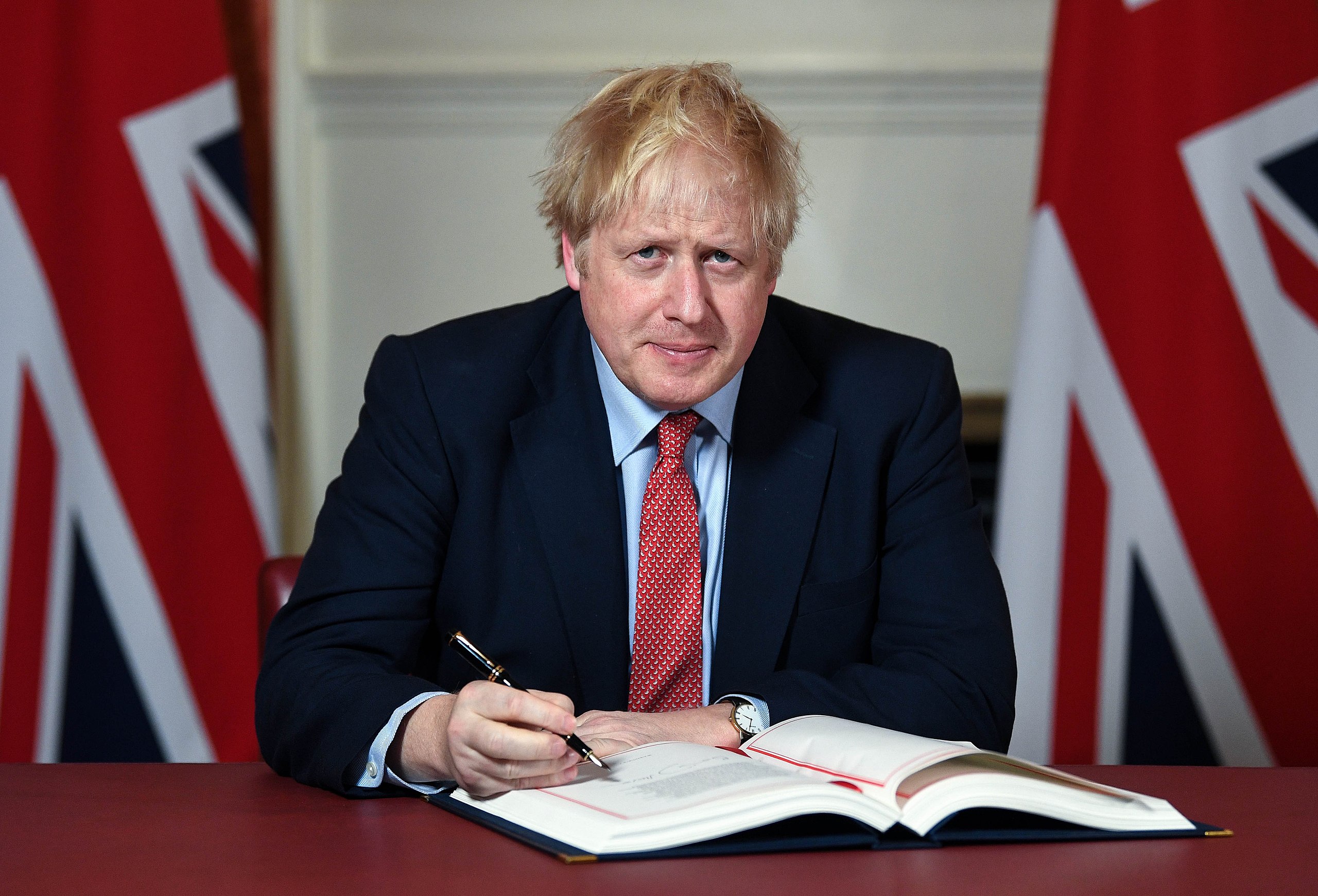
Although Boris Johnson, the penultimate Prime Minister, fulfilled the commitment to “get Brexit done,” challenges persist in defining the post-Brexit relationship. Despite leaving the EU under agreed terms and subsequent negotiations establishing trade and future ties, the UK grapples with internal and EU-related issues.
The resolution of disputes over trading arrangements for Northern Ireland raised hopes for improved UK-EU relations, yet scrutiny intensifies on the economic impact of Brexit, evident in disrupted commerce and labor supply.
Brexit’s Adverse Effects
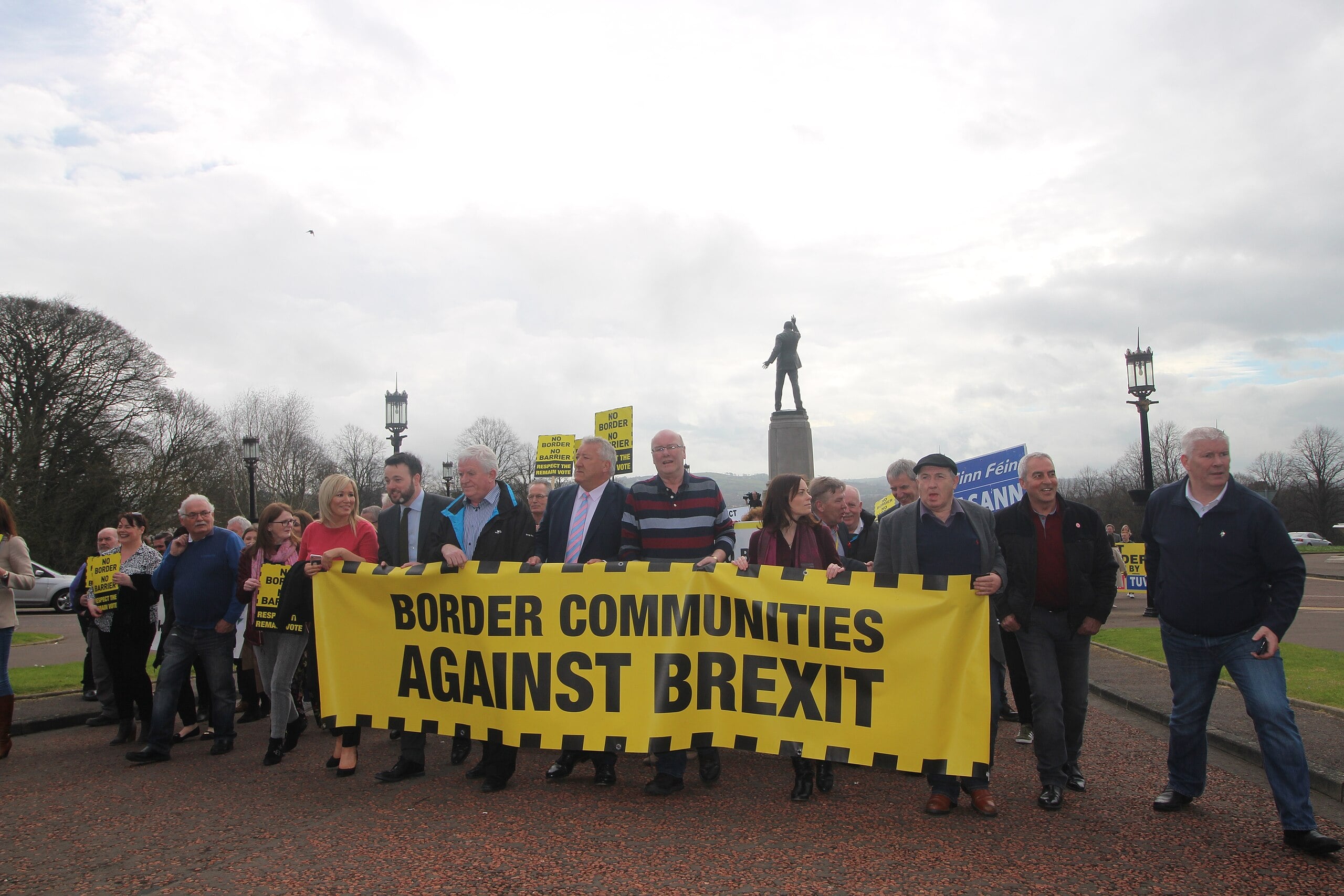
Growing evidence of Brexit’s adverse effects on the UK’s economy raises questions about the government’s pursuit of autonomy from EU norms.
Despite some indications of “Brexit remorse” among the public, there is a lack of enthusiasm for reconsidering the formal relationship with the EU. The political landscape remains tumultuous, with Prime Minister Rishi Sunak navigating challenges within the ruling Conservative Party, where anti-EU factions retain influence.
Core Issues Remain Unsolved
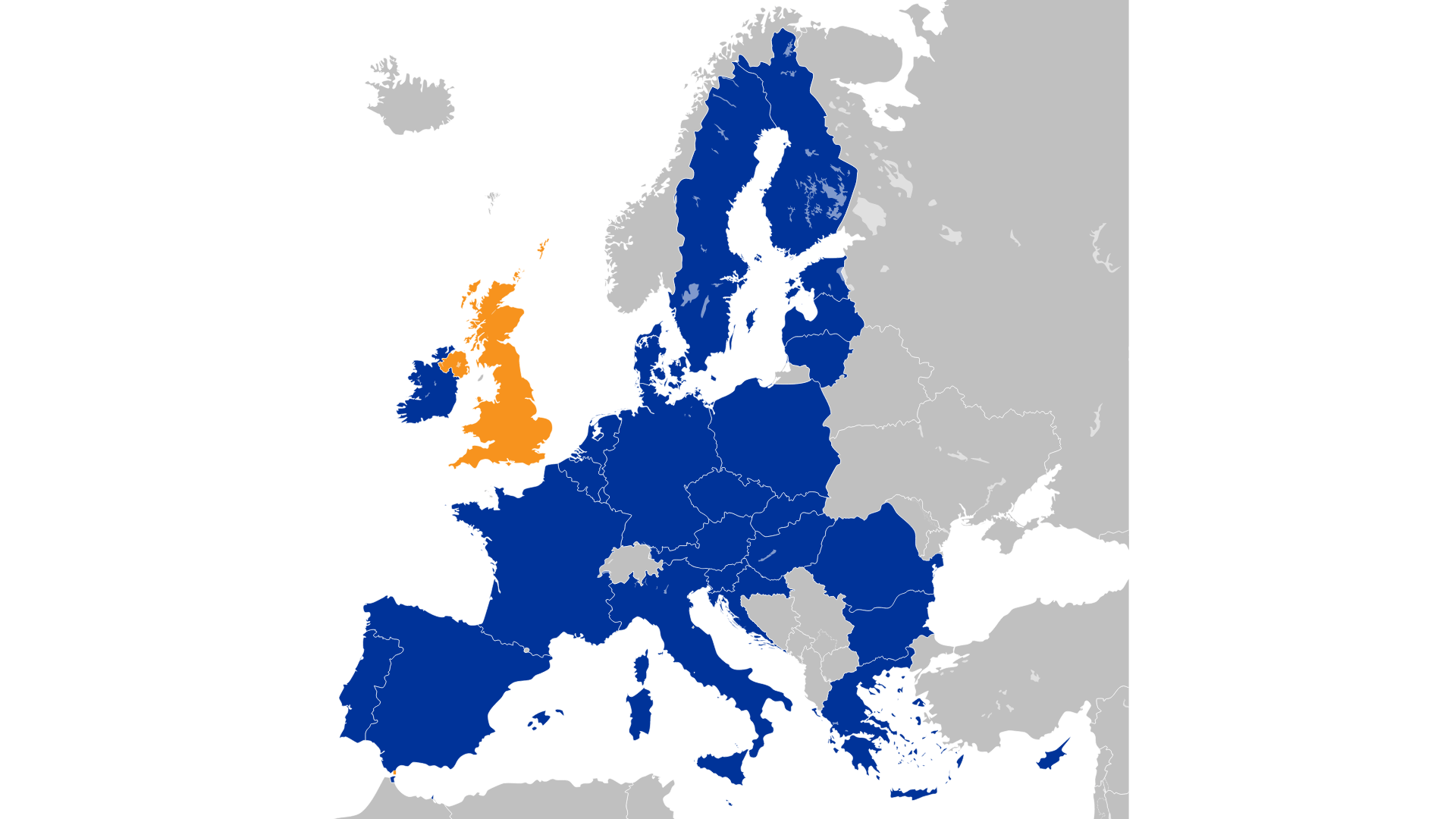
While UK-EU relations showed signs of thawing in 2022, core issues remain unresolved.
The geopolitical landscape, notably European unity in response to global challenges, has been reshaped by Brexit. Ongoing tensions in Scotland, where a majority voted to remain in the EU, persist as the devolved government faces obstacles in securing a new independence referendum.
A Brief Timeline of Brexit
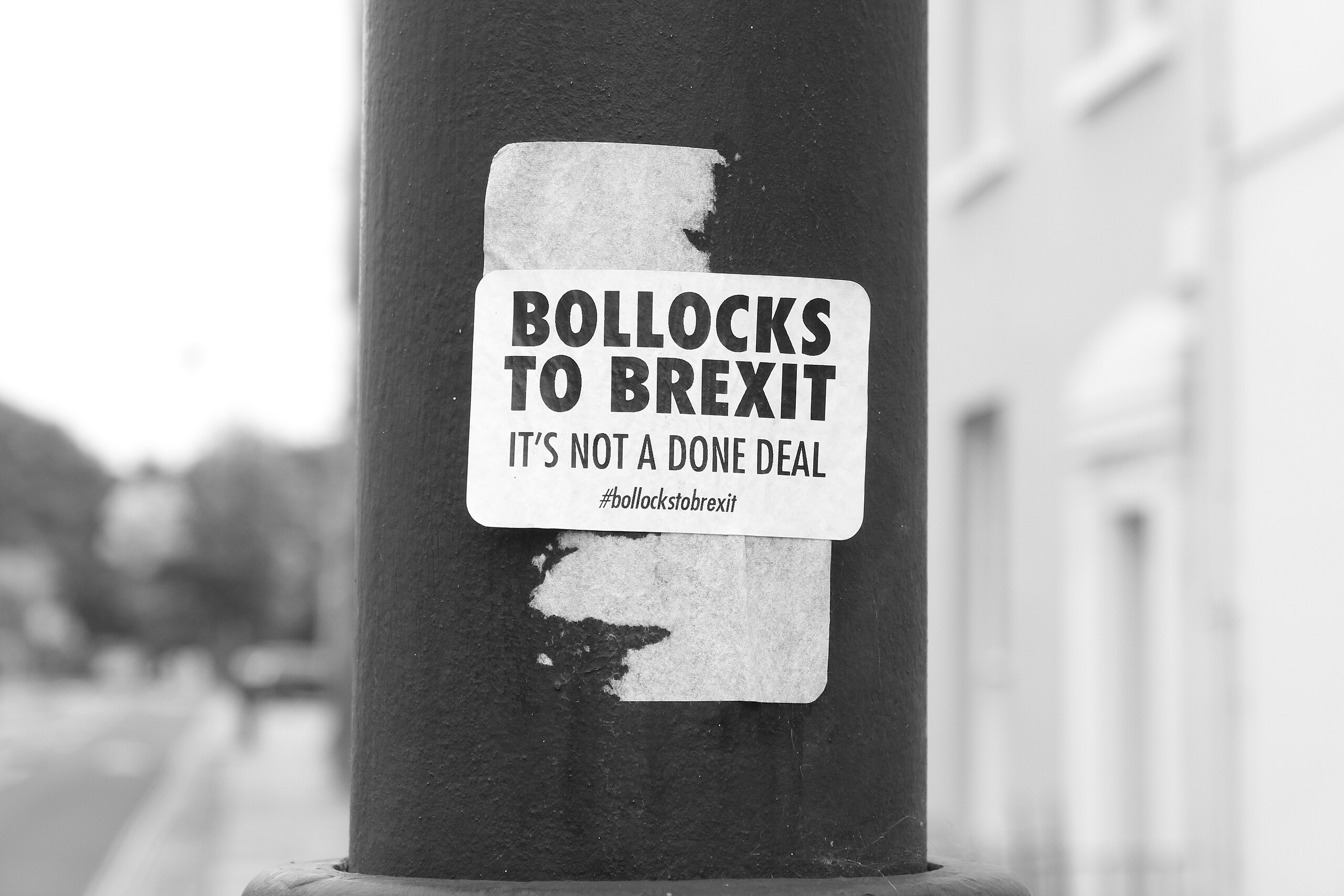
On June 23, 2016 the UK voted to leave the EU in a referendum. About three-and-a-half years later, on January 31, 2020, the UK formally left the EU under negotiated terms, entering an 11-month “transition period.”
On Christmas Eve 2020, the UK and EU reached a last-minute agreement on post-Brexit trade and future relations. On New Year’s Eve 2020, the 11-month transition period concluded, and new terms for the UK’s post-EU era took effect on January 1, 2021.
Brexit Exacerbates the UK’s Economy and Trade Issues
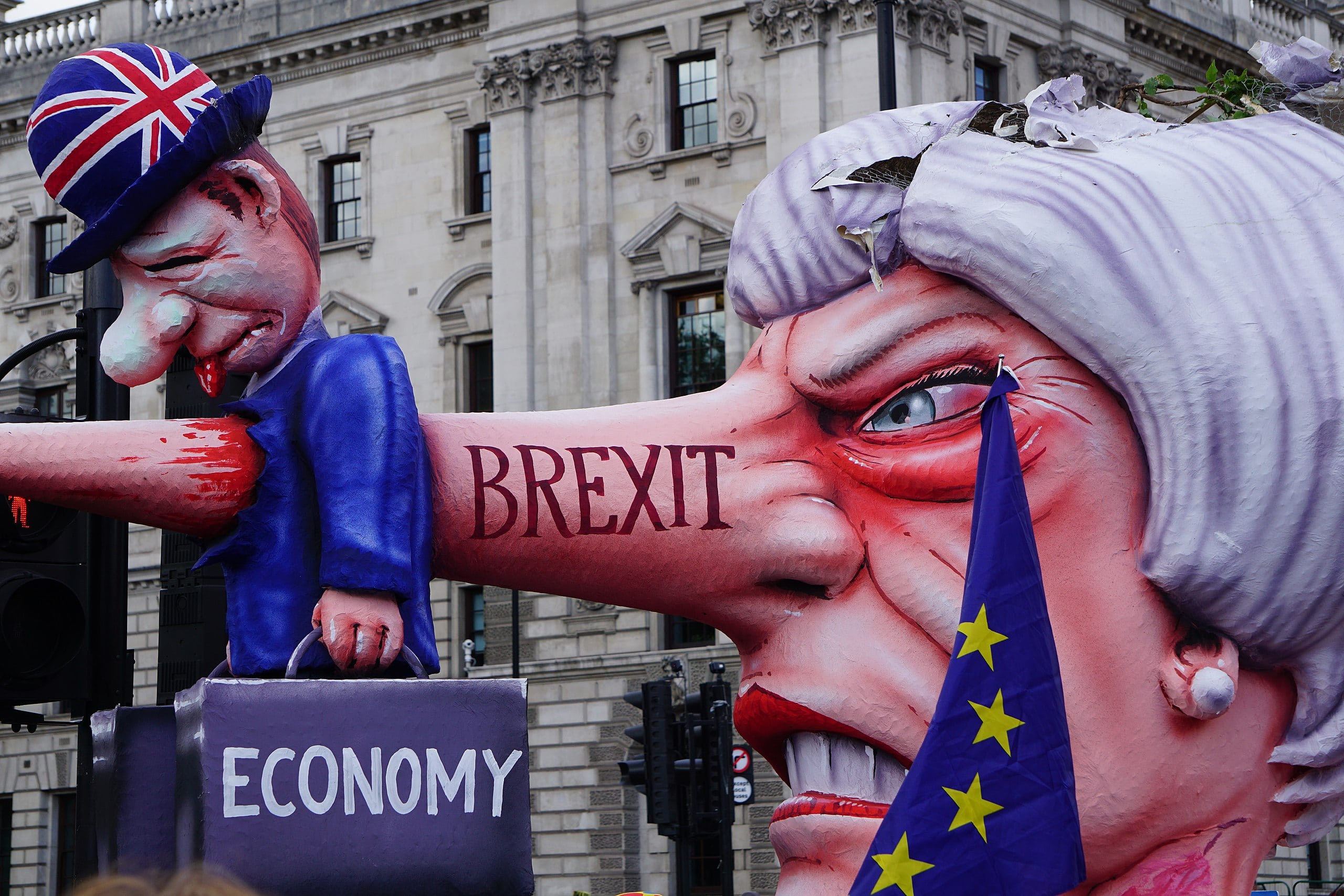
While multiple factors contribute to the UK’s economic challenges, including COVID-19 fallout and geopolitical events, economists widely attribute exacerbated issues to Brexit.
Government forecasts predict a 4% reduction in long-term productivity due to the new UK-EU trading relationship. Reports indicate the UK’s economic underperformance compared to peer nations, with GDP contraction and rising inflation linked to Brexit-related changes.
UK-EU Trade has Seen a Significant Decline

Contrary to optimistic assertions by Prime Minister Boris Johnson, UK-EU trade has seen a significant decline, impacting both imports and exports.
The trade deal’s shortcomings, particularly for smaller businesses, fuel skepticism about its effectiveness. Departure from the EU’s Single Market and Customs Union introduced new border formalities and regulatory controls, validating prior warnings of increased red tape.
Right to “Free Movement” Terminated
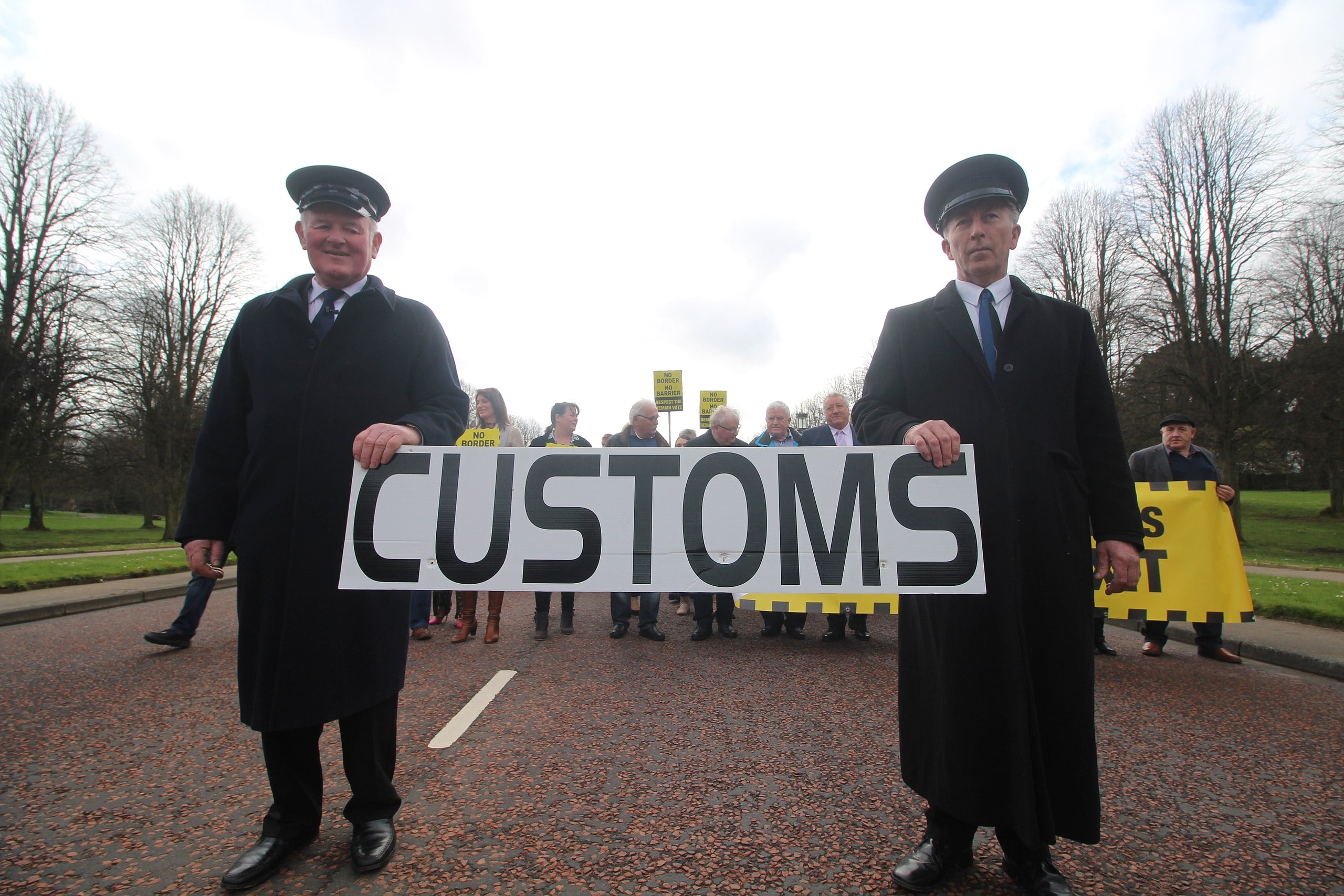
Brexit terminated the right to “free movement” between the UK and the EU.
While the divorce deal safeguards existing rights for pre-Brexit residents, bureaucratic challenges and digital-only documentation have complicated the application process. Britons in the EU face varying documentation requirements, impacting access to basic rights.
Living and Working in EU Countries Greatly Limited

The end of EU free movement also curtails automatic rights for UK residents to live and work in other EU countries, affecting “mixed status” families.
New rules limit UK visitors to the EU to 90 days in every 180-day period, with further changes, such as an automated Entry Exit System, set to impact UK visitors from May 2023.
Immigration and Labor Shortages
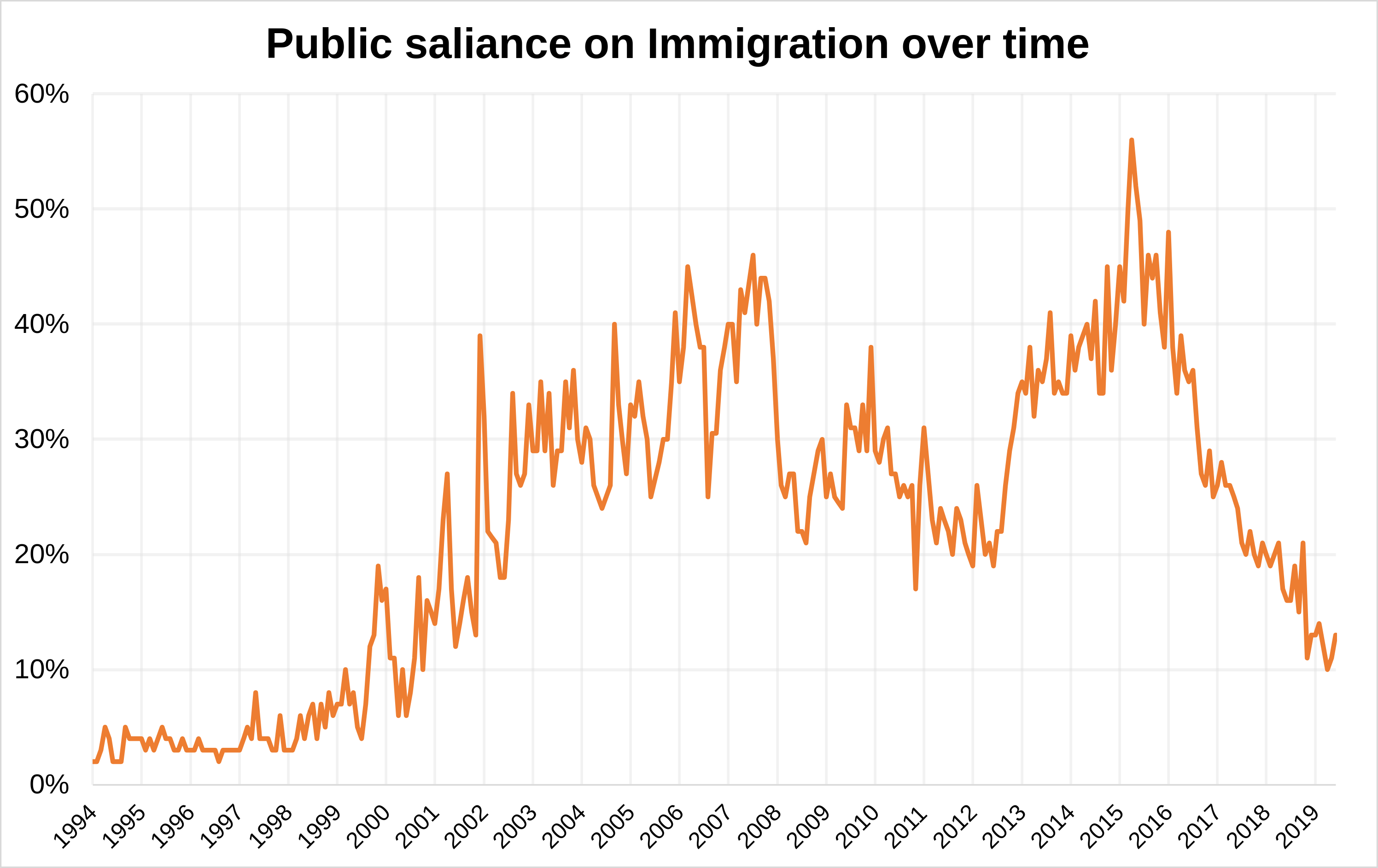
Labor shortages, notably in sectors like farming and hospitality, emerge as a critical issue, attributed to factors including Brexit and the pandemic.
Stricter entry conditions and the end of preferential treatment for EU nationals exacerbate the challenges. The Migration Advisory Committee identifies Brexit and other factors as contributors to an unstable labor market, prompting calls to relax immigration rules.
Trade Deals with Non-EU Countries and Dismantling EU Laws
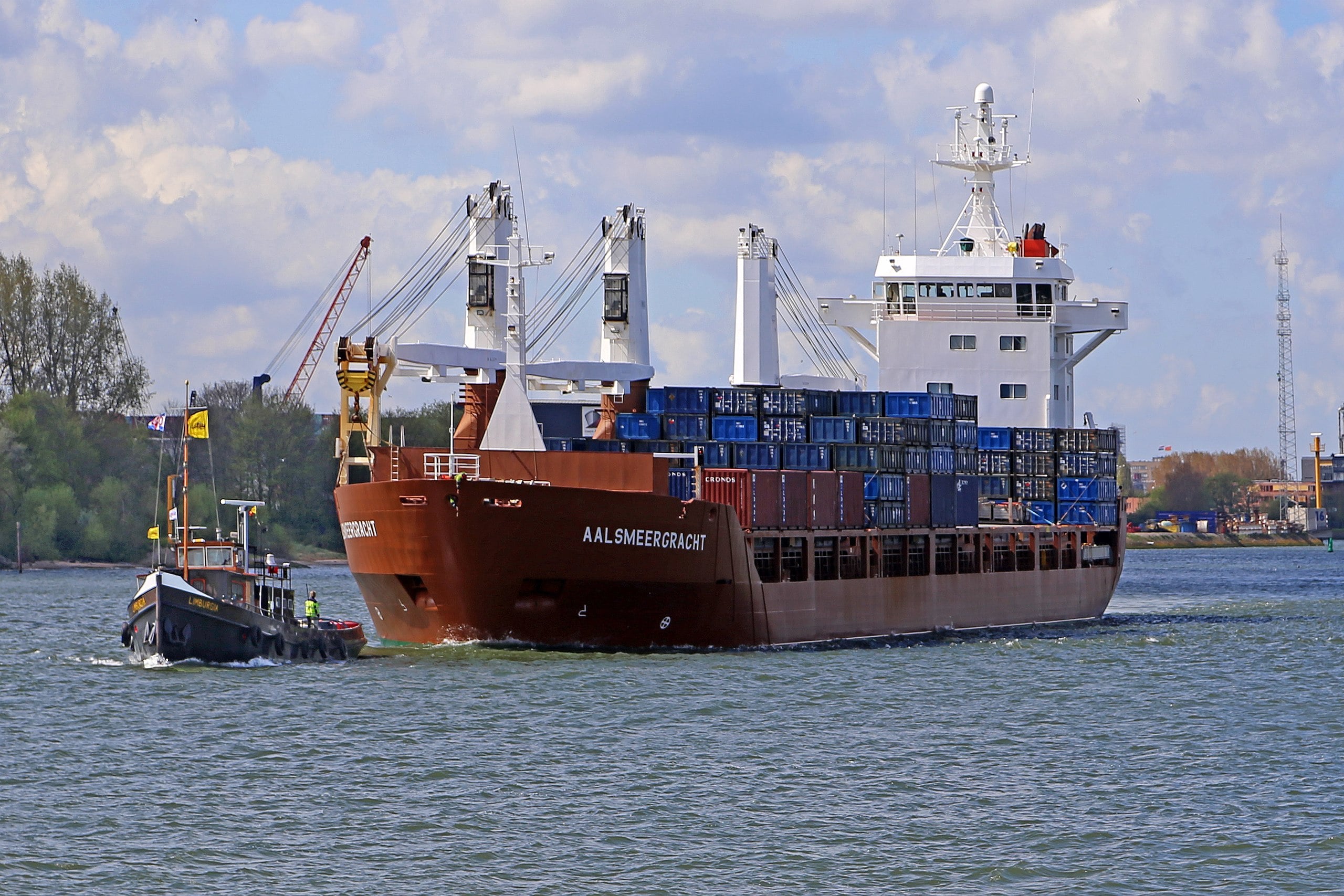
Post-Brexit, the UK has sought independent trade policies, yet challenges persist in securing significant deals, including with the United States and India. Many agreements are roll-overs of pre-existing EU deals, raising questions about the transformative impact of the UK’s newfound trade autonomy.
The UK government’s pursuit of “Brexit opportunities” includes dismantling EU laws, a process criticized for potential legal vacuums and risks to established rights. Initiatives like the “Brexit Freedoms” bill face criticism, while reforms in financial services receive mixed reviews, with concerns about potential new costs for sectors such as food and chemicals.
